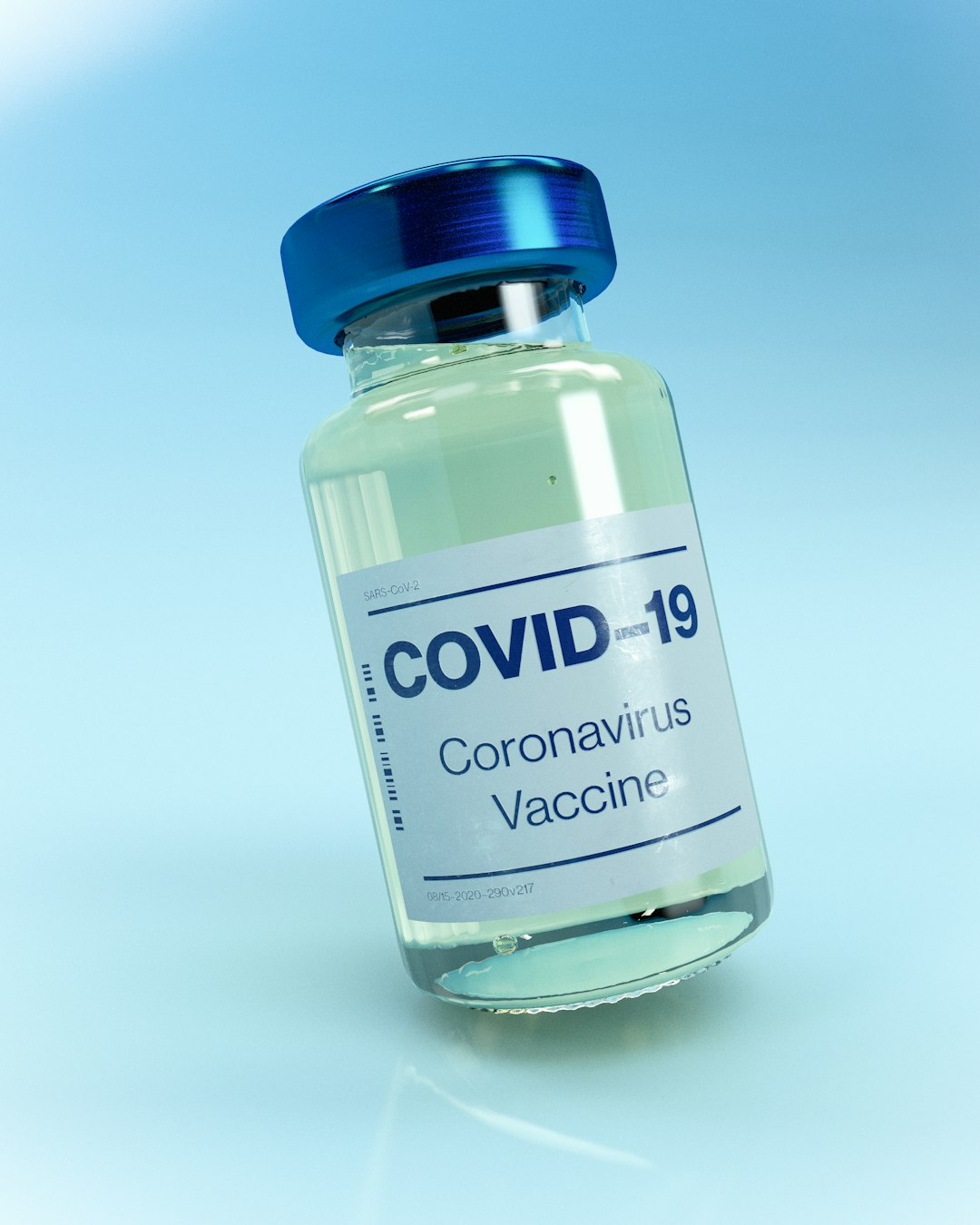
Natural Remedies for Chronic Pain Management
Chronic pain affects millions of people globally, often leading to a diminished quality of life. While traditional treatments, such as medications and physical therapy, can be effective, many individuals are exploring natural remedies for chronic pain management. This article delves into various natural approaches, their efficacy, and emerging trends in this field.
Understanding Chronic Pain
Chronic pain is defined as pain that lasts for more than three months and can result from various conditions, including arthritis, fibromyalgia, or injury. It’s essential to understand that chronic pain is complex and can be influenced by physical, psychological, and environmental factors.
Natural Remedies for Chronic Pain Management
1. Herbal Supplements
Numerous herbs have shown promise in alleviating chronic pain. Some of the most notable include:
# Turmeric
Turmeric contains curcumin, a potent anti-inflammatory compound. Studies have indicated that curcumin can help reduce pain in conditions like arthritis.
# Ginger
Ginger is another anti-inflammatory herb that may help reduce pain and improve mobility in people with chronic pain.
# Devil’s Claw
This herb has been traditionally used in African medicine for pain relief. Research suggests it may be effective for osteoarthritis and lower back pain.
2. Acupuncture
Acupuncture is a traditional Chinese medicine practice that involves inserting thin needles into specific points on the body. Many studies have shown that acupuncture can significantly reduce chronic pain, particularly for conditions like migraines and lower back pain.
3. Mindfulness and Meditation
Mindfulness meditation has gained popularity in pain management. Research indicates that practicing mindfulness can help individuals cope with pain more effectively, reducing the perception of pain and increasing overall well-being.
4. Physical Activity
Engaging in regular physical activity, such as yoga or tai chi, can improve flexibility, strengthen muscles, and reduce pain. A study published in the Journal of Pain Research found that participants who practiced yoga reported less pain and improved mobility.
5. Dietary Changes
A diet rich in anti-inflammatory foods can be beneficial for chronic pain management. Foods such as:
- Fatty fish (rich in omega-3 fatty acids)
- Leafy greens
- Nuts and seeds
- Berries
Incorporating these foods into your diet may help reduce inflammation and pain over time.
Emerging Trends in Natural Pain Management
The landscape of pain management is evolving, with increasing interest in integrative approaches. Many healthcare providers now encourage patients to combine traditional treatments with natural remedies. For instance, a holistic approach that includes counseling, nutritional advice, and physical therapies can yield better results for chronic pain sufferers.
Case Study: Integrative Approach
A study published in the Journal of Alternative and Complementary Medicine highlighted a case where a patient with fibromyalgia used a combination of acupuncture, herbal supplements, and mindfulness practices. The results showed significant improvement in pain management and overall quality of life.
Expert Opinions
Dr. Jane Smith, a pain management specialist, states, “Integrating natural remedies into traditional pain management strategies can empower patients and provide them with more control over their pain.”
Resources for Further Reading
- National Center for Complementary and Integrative Health
- American Chronic Pain Association
- Pain Management Resources
Conclusion
Natural remedies for chronic pain management offer a promising alternative or adjunct to traditional therapies. By exploring options such as herbal supplements, acupuncture, and mindfulness practices, individuals can find relief and improve their overall quality of life. We encourage readers to consider these natural approaches and consult with healthcare professionals to create a tailored pain management plan.
If you found this article helpful, consider sharing it with someone who might benefit, and don’t hesitate to subscribe to our newsletter for more insights on health and wellness. Understanding chronic pain and its management is an ongoing journey, and we are here to support you every step of the way.
Glossary of Terms
- Chronic Pain: Pain that lasts longer than three months.
- Curcumin: The active component of turmeric known for its anti-inflammatory properties.
- Acupuncture: A practice of inserting needles into the body to relieve pain.
Staying informed and proactive about your health is essential. Explore these natural remedies, and take the first step towards a more comfortable and fulfilling life.


